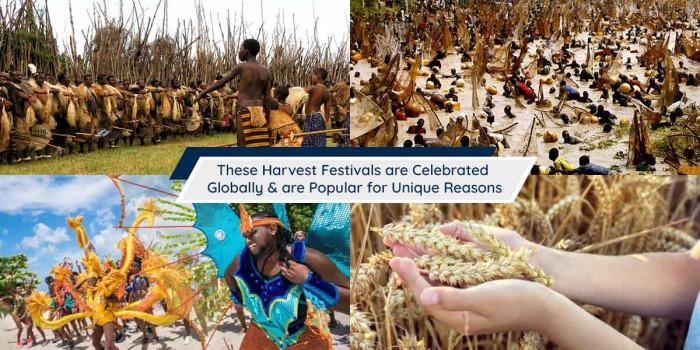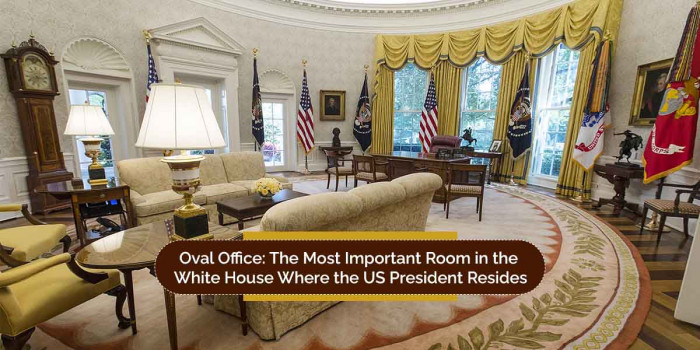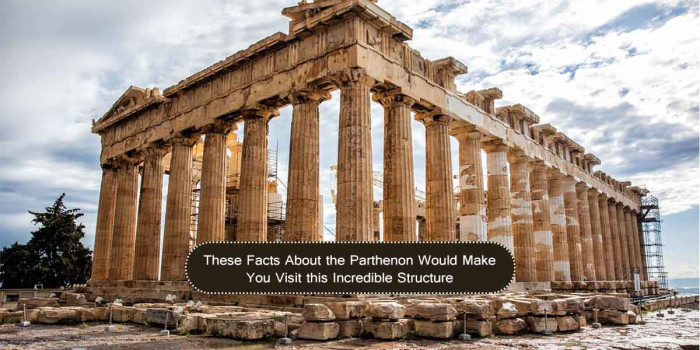What Religion Is Kwanzaa Relate With?
Kwanzaa is a week- long celebration that is actively celebrated in the United States and Western Africa. While red and green col...
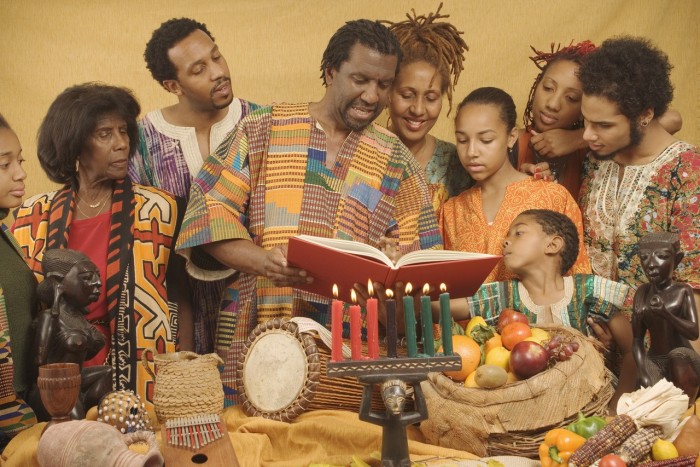
Kwanzaa is a week- long celebration that is actively celebrated in the United States and Western Africa. While red and green color depicts the Christmas celebration, Kwanzaa celebration culture begins from 26th December has its own traits. Kwanzaa is not typically religious in nature, but many incorrectly assume that it is.
What is Kwanzaa?
In 1966, Dr. Maulana Karenga created Kwanzaa as the first African-American holiday which is celebrated from December to the first week of January. The name ‘Kwanzaa’ derives from the Swahili phrase ‘matunda ya kwanza’ which means first fruits. As Christmas focuses upon Jesus, Kwanzaa, in contrast, celebrates people. What religion is Kwanzaa related with? It does not reflect any religion instead plays as a tribute ancient traditions and values.
Here is the more information describing what the Kwanzaa is...
1. It is a way of Uniting and empowering the African-African community
Karanga, a black nationalist created Kwanzaa as a way of empowering the African-African community. Kwanzaa is less than 50 years old, he took the name from Swahili phrase – matunday ya kwanza. The extra ‘a’ was added simply to accommodate 7 children at the Kwanzaa celebration in 1966 each of who symbolize a letter.
2. Kwanzaa and Christmas is celebrated as a common festival
Many people celebrate both Christmas and Kwanzaa. The Africans including Christians, Hebrews, Hindus, Jews as well as those who follow the traditions of Ashanti, Maat, Dogan etc can celebrate Kwanzaa.
3. Kwanzaa celebrates 7 principles of African culture
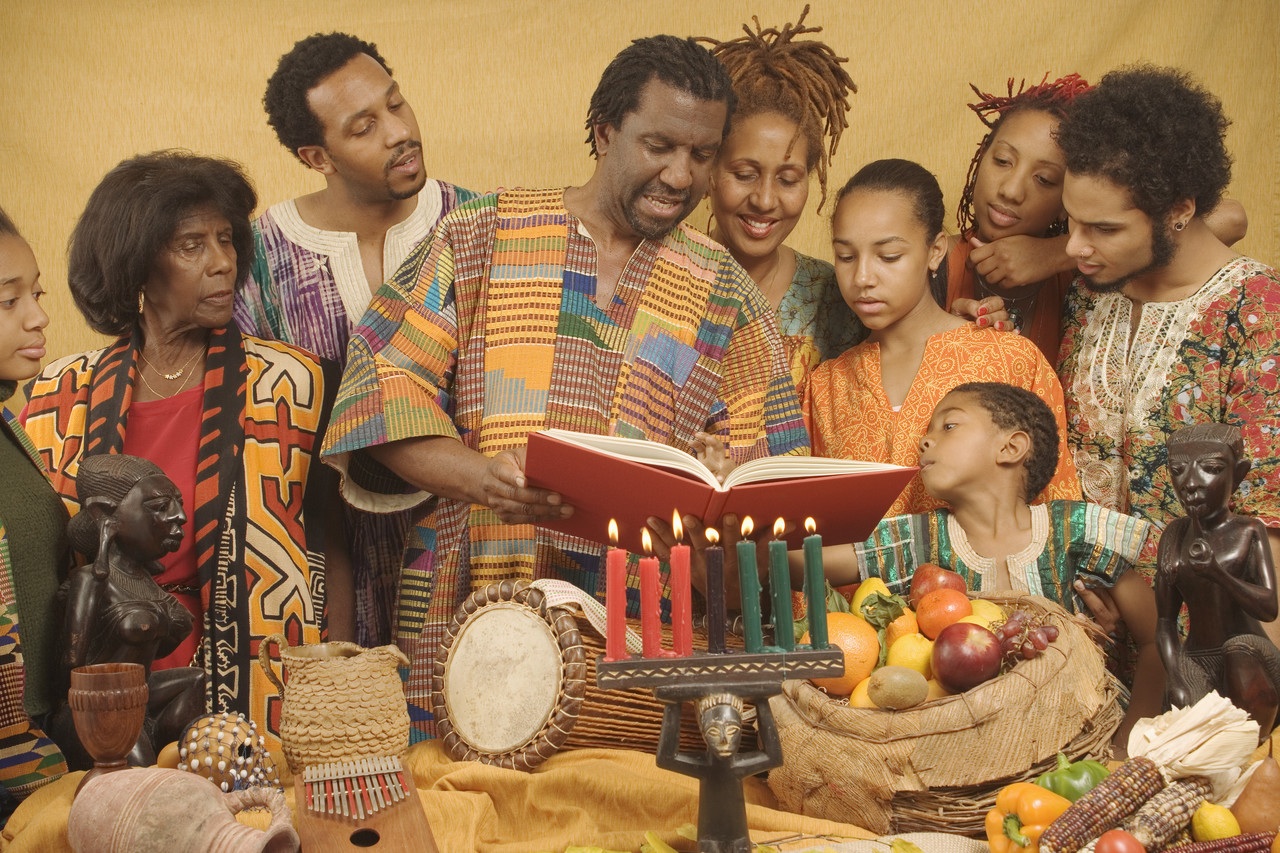
The 7 principles as determined by Maulana Karenga are:
Umoja (Unity) – To maintain and work towards unity with community, family, race, and nation.
Jujjchagulia (Self-Determination) – To define oneself and to create and speak for a unique voice in the world.
Ujima (Collective Work and Responsibility) – To cooperate in the community by solving each other problems together. (2.1)
Ujamaa (Cooperative Economics) – To maintain own stores and other businesses and to profit from them together as a whole.
Nia (Purpose) – To collectively seek towards the development of our community and traditions.
Kuumba (Creativity) – To be creative to leave our community, more beautiful and beneficial than what we inherited.
Imani (Faith) – To believe in each other, our parents, our leaders, our people and the righteousness of our struggle.
Apart from this Kwanzaa also has 7 symbols, mkeka (mat), kinara (candleholder), Zawadi (gifts), muhindi (corn), mazao (crops), kikombe cha umoja (unity cup) and mishumaa saba (seven candles). Out of the seven candles, three of them are a red representing struggle, green representing the hope for the future and black representing people of African descent. People who celebrate Kwanzaa decorate their homes with these colors.
4. Educational Gifts are Encouraged
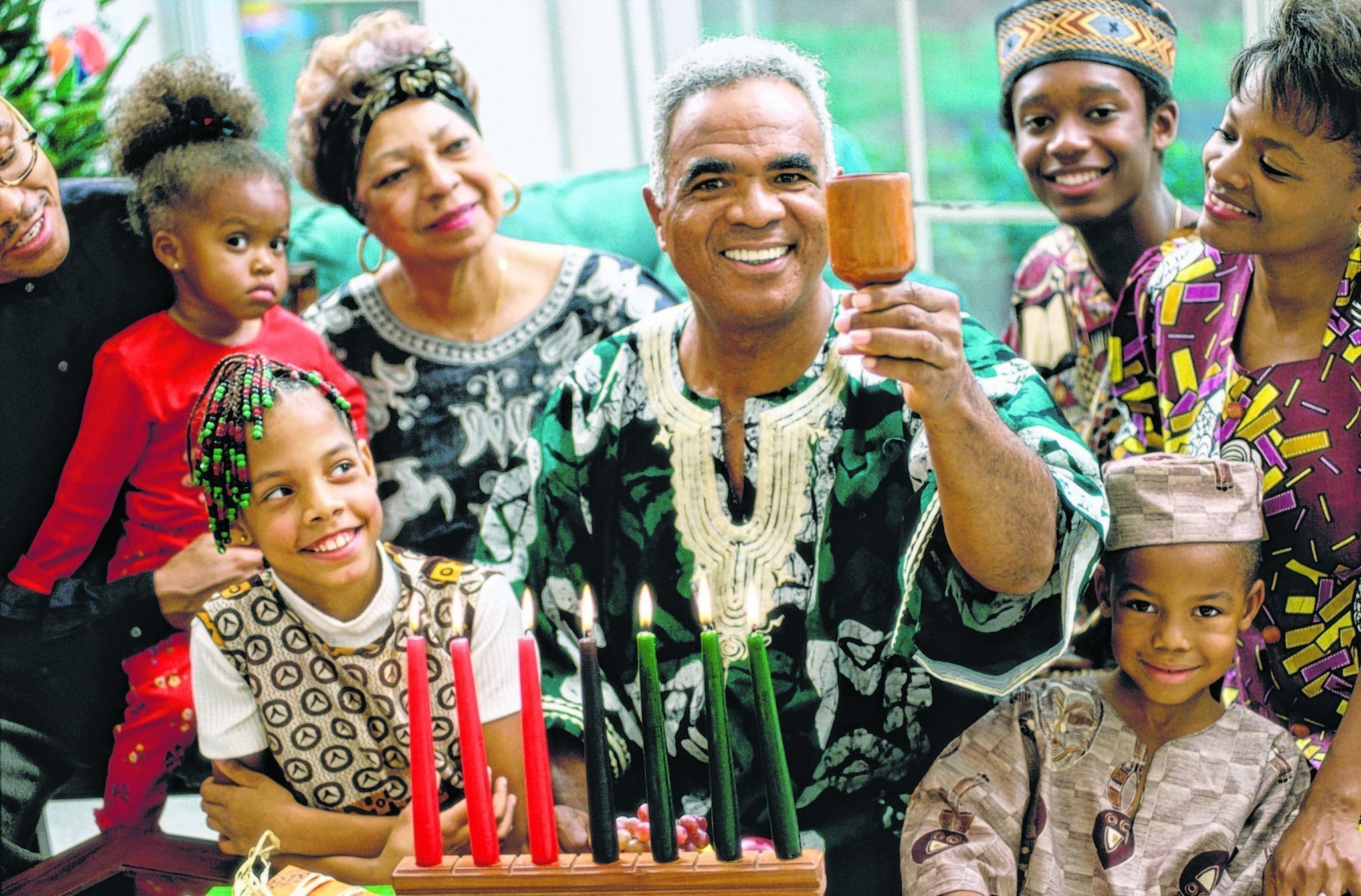
Gifts handed out to the friends and family members on the last day of Kwanzaa are often homemade. Besides this, some people buy music, books and art accessories or themed products to celebrate the day. Book represents the value of learning and the heritage symbols remind the child of his or her commitment to the countries tradition.
The final day of the Kwanzaa is only meant for individual reflection. People spend this day in a very peaceful and humble manner. It is time to ask three questions.
Who am I? (2.2)
Am I all ought to be?
Am I really who I say I am?
Popular Posts
10 Worst Modern Arts Ever That Sold For Millions
Modern art is known for having many hidden masks inside it which is hard to reveal but has a great significant meaning to understand. These artifacts enhance the beauty of the place many folds.
Kimberly Campbell
10 Facts About Angry Indian Goddess Maa Kali
Kali death mother is known for her victory over darkness according to Hindu mythology. She is ferocious and most powerful deity known for her violence and aggression which she utilizes against evil forces to bring peace back to earth.
Ethan Stephans
7 Scientific Facts About Lord Shiva - The Destroyer Of The World
When it comes to religion and god, people often mistake the whole arrangement as some magical experience, but in reality symboli...
Aaditya M






